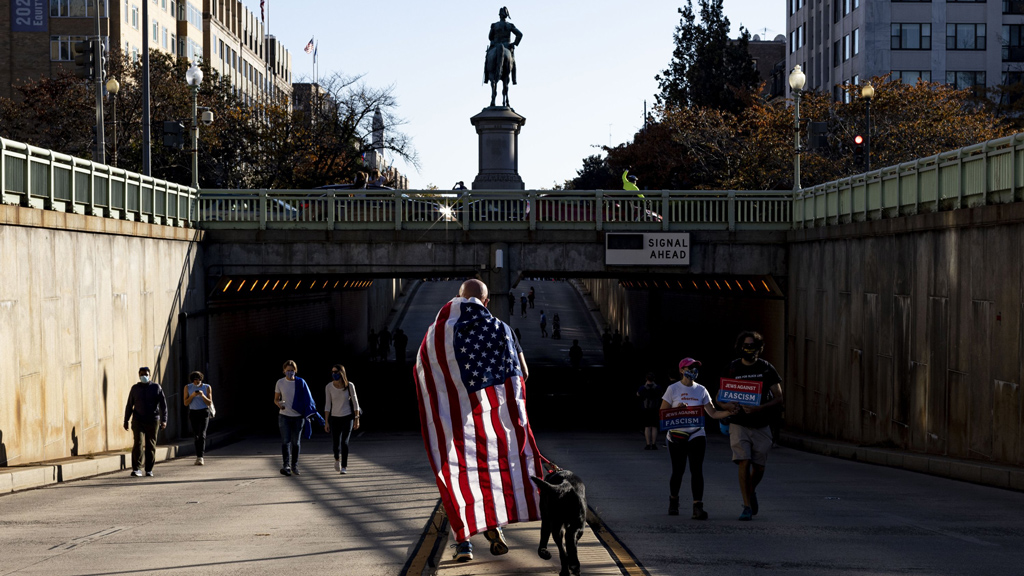At its face value, these are exciting times for Turkish politics. A number of attempts are underway to unite the political right and the political left. They are driven by a zeal to save the Republic again. But no alliance is good without a common enemy. And the new enemy is AK Party Such attempts at unification have been undertaken before. Leadership for the political right and the political left in Turkey has always been up for grabs.
The vicious rivalry between the late Prime Minister Bulent Ecevit and Deniz Baykal on the left and between the late President Turgut Ozal and Suleyman Demirel on the right is still remembered. What has been the outcome of these attempts? Have they led to stability in party politics? Have they ever created a more balanced center in Turkish politics, a center that embraces the various demands and aspirations of the nation? The answer is a painful no. There are three main reasons for this. The first is that party politics always takes precedence over national politics. Internal rivalry, bickering, nepotism, pettiness are some of the common diseases of party politics everywhere in the world. But it is especially in Turkish politics that they have contributed to the alienation of ordinary people from civilized politics. In this regard, no party in Turkish right or left can plead innocence. The second reason is the strange way in which a political movement gets clearance from the establishment. What defines the legitimacy of a political party in Turkey is its accordance with the state ideology. But even this is not enough. It must demonstrate that its reform program, if it has one, does not take aim at the privileges of the political and economic elite. Whoever is granted clearance according to these criteria is given a green light. As a result, uniting right or left never works because there are always some people who will claim more legitimacy before the establishment. The third reason is that the right-left divide has never really been an effective framework to reflect the realities of Turkish society. The left in the Western sense has never existed in Turkey. While the left in the West envisions limited state interference in the free market of economy, ideas and social change, the Turkish left has remained state-centered. As the part of the state, the Republican People Party (CHP) has never had the credentials of a left party focusing, for instance, on social policies, justice or economic equality. Instead, the parties that have claimed to represent the aspiration of the left have aligned themselves with the state and its official ideology. But these are not the only reasons the attempts to unite will fail. The left and right parties have chosen a common enemy that will only marginalize the current alliances. A negative alliance against AKP will not give the higher moral ground to opposition parties. The reason is simple yet decisive: in an election campaign built around ideological opposition to the ruling party, the opposition parties, whether right or left, will be stuck with positioning themselves along negative lines. Instead of giving positive messages and promises, which is what the Turkish voter will listen to, they will have to run a smear campaign against the failures of the AKP government. At the end, they will have only one message: Don’t vote for the AKP. But they will fail to convince the public why they should vote for them. The rigid and divisive language of the opposition against the AKP is almost certain to have a backlash at the ballots because they have made the AKP the best underdog Turkish politics has seen in a long time. Instead of challenging AKP on its record in social welfare or foreign policy, the opposition chose to discredit it on its ideological credentials. Policies of fear and intimidation may play into the hands of ideological camps. They may even give them a false sense of security. But let’s not forget: it is the ordinary people, not the ideologues, that will cast their votes at the ballot on July 22nd. &Negative Alliances and the July Elections
At its face value, these are exciting times for Turkish politics. A number of attempts are underway to unite the political right and the political left. They are driven by a zeal to save the Republic again. But no alliance is good without a common enemy. And the new enemy is AK Party Such attempts at unification have been undertaken before. Leadership for the political right and the political left in Turkey has always been up for grabs.
Share
Tags »
Related Articles








